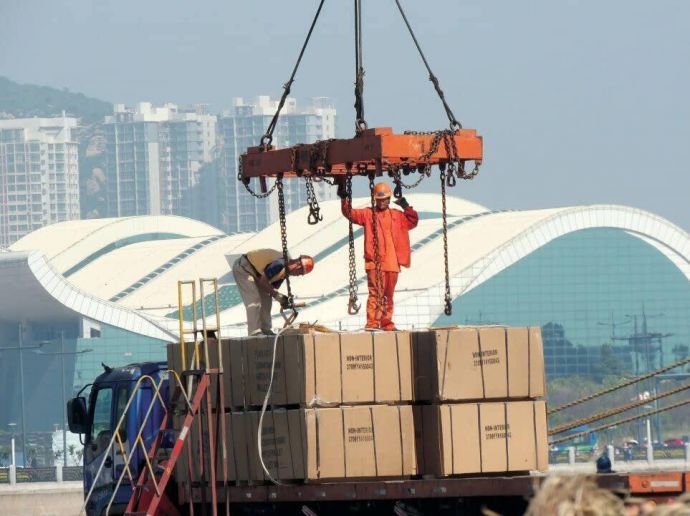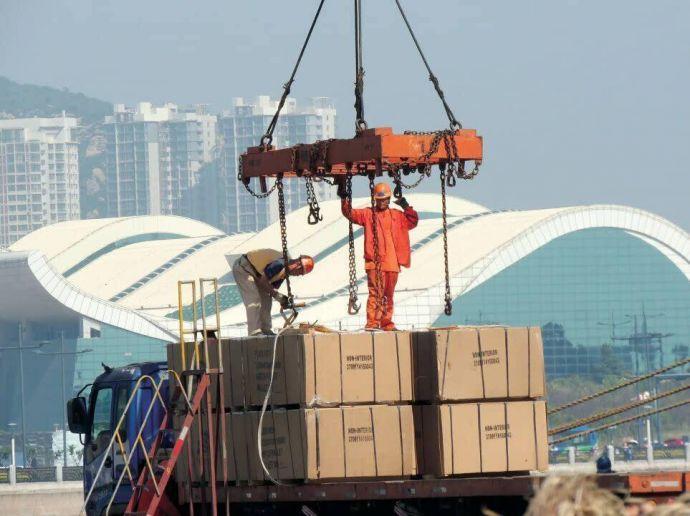
BEIJING, June 29 (Xinhua) -- China's accession to the World Trade Organization (WTO) in 2001 ushered in a new historic stage in China's reform and opening-up, with the country's market economy ever-improving, a senior official said Thursday.
"We have worked to straighten out the relationship between the government and the market to give the latter a decisive role in resources allocation and to better tap into the role of the government," Vice Minister of Commerce Wang Shouwen said at a press conference after China issued a white paper titled "China and the World Trade Organization."
It was the first time that China has published a white paper to elaborate on its fulfillment of WTO entry commitments, and describe its vision and actions in advancing higher-level reform and opening-up.
In the 27-page document, improving the socialist market economy and legal system was presented as the first commitment China has endeavored to fulfill, along with the commitments on trade in goods and services, intellectual property rights protection, and transparency.
To honor this commitment, China has rolled out extensive education campaigns on WTO rules to raise public awareness of the market, competition, and the rule of law, according to the white paper.
Other efforts China has made in this regard, it said, involve reorganizing the relationship between the government and the market, and improving the legal system of the socialist economy.
After joining the WTO, China has reviewed and revised 2,300 laws, regulations, and departmental rules at central government level, and 190,000 policies and regulations at sub-central government levels covering trade, investment, IPR protection, and built up a legal system in line with multilateral trade rules, said the white paper.
In 2014, China issued an official document on furthering trade policy compliance with WTO rules, requiring government at all levels to assess proposed trade policies in accordance with WTO agreements and China's commitments.
In 2016, China set up a legality review mechanism to examine normative documents, enhancing the transparency of and public participation in policy making.
Tu Xinquan, a researcher from the University of International Business and Economics, was impressed by the institutional improvement China has made in the past 17 years.
"China has gradually established a relatively full-fledged tariff system that is in line with domestic and international economic development trends," he said.
According to the white paper, China had fulfilled all of its goods trade tariff reduction commitments by 2010, reducing the average tariff level from 15.3 percent in 2001 to 9.8 percent.
It has also significantly lowered non-tariff trade barriers, relaxed market accession, and liberalized trade over the past years.
In response to a question on China's market economy status which a few members refuse to recognize, Wang reiterated China's opposition.
"WTO does not have a standard for market economy. Regrettably, some members refuse to honor their commitment and continue to use the surrogate country approach when calculating anti-dumping measures against Chinese exports," Wang said.
"Using market economy status as an excuse to refuse to drop the approach is untenable," he said.
In accordance with Article 15 of the accession protocol signed when China joined the WTO, the surrogate country approach should have expired in 2016.
"China hopes these members can honor their commitments and trust the WTO can make an impartial judgement," Wang said.




 A single purchase
A single purchase









